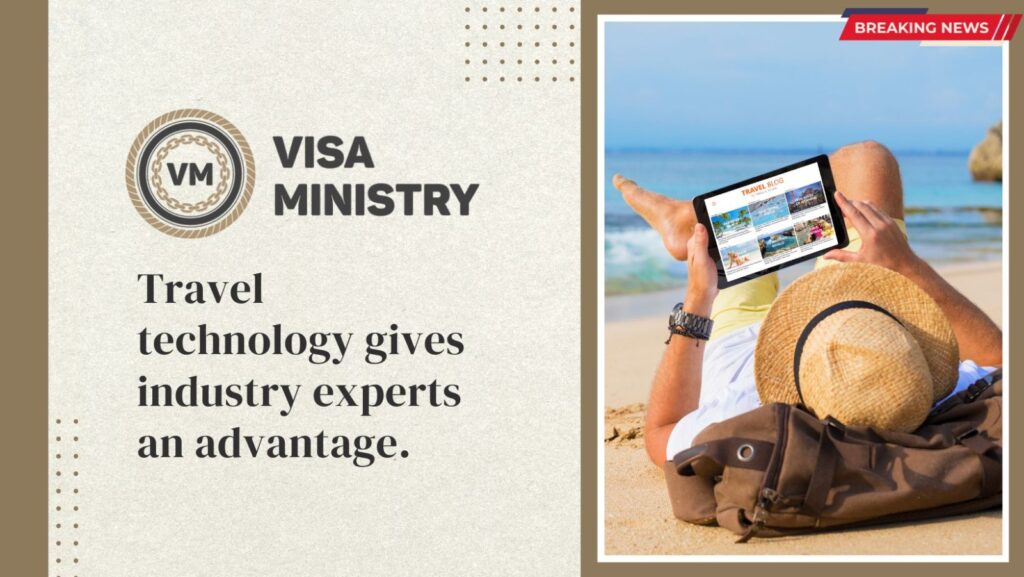The position of the modern tourism professional has undergone a significant transformation in an environment where travel is becoming more and more competitive—from the tour operator to the DMC and even the property owner. The amount of labour has multiplied rapidly as more and more travellers are returning to the roads and the air. At the same time, COVID-19’s chronic skills shortage in the tourism sector is still a problem, leading to a rise in the usage of travel agencies.
Tourism workers today must balance the conflicting demands of discerning customers and a wealth of accessible information in the digital age. These customers desire prompt, effective, and honest service, much like what they would anticipate from online booking systems, because they have the same access to information.
Online resources are helpful for getting quick information, but they frequently lack the personal touch. Customers are increasingly looking for this missing component, and they are getting it in the shape of the individualised guidance, assistance, and flexibility provided by tourism professionals. Qualities that are simply impossible for algorithms to imitate.
Consequently, the tourism industry is facing a dilemma. They must not only fulfil their job requirements but also match the effectiveness of online booking platforms.
However, it’s an interesting environment to be in for Craig Byren, managing director of ViaData, who has spent more than 15 years creating and building end-to-end business systems for the travel and tourism industry (including DMCs, tour operators, and travel brokers).
The tourist sector is constantly changing, with outdated practises being replaced by creative fusions of technological innovation and human skill. Professionals in the tourism industry find themselves in a fight against time and efficiency as they deal with an increase in workload. For smaller firms in particular, this can be difficult, adds Byren. The good news is that the race can be won by shrewdly utilising technology, though.
Byren contends that rather than displace tourism experts, technology should empower them. While ensuring they maintain the vital human touch that distinguishes them from automated booking systems, it should make their tasks simpler, operations more efficient, and it should offer them useful insights. Travelyst, a piece of software from ViaData, is a nice illustration.
According to Byren, “Travelyst’s technology is built to seamlessly integrate with the tourism company’s existing operations.” Everything is integrated, from client relationship management to itinerary creation. This enables tourism consultants to effectively manage their workload and offer their clients a customised service. The back-end processes are not the only ones affected by this technological integration. It also improves the areas of the business that interact with customers. An efficient communication process is facilitated by a thorough view of client inquiries, the capacity to record talks, and direct email integration.
“By using integrated technological solutions, consultants can track leads more successfully and reply to customer inquiries more quickly. The goal is to cut down on administrative work so that consultants have more time to concentrate on creating memorable travel experiences, according to Byren.
The benefits of technical development go beyond improved operational efficiency. Tourism industry executives can acquire important insights into their business activity with the inclusion of full reporting and dashboard features. Byren underlines the importance of these tools for helping people make decisions that are in line with the growth goal of the tourism industry.
Source- Travel daily

